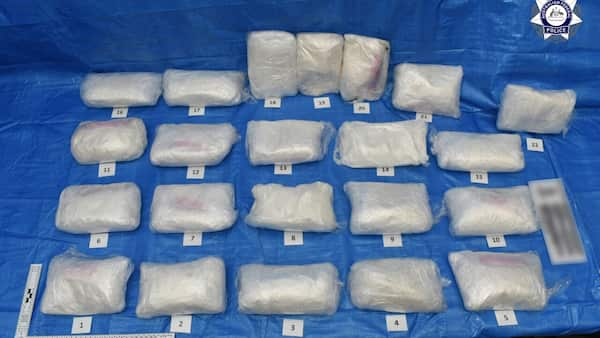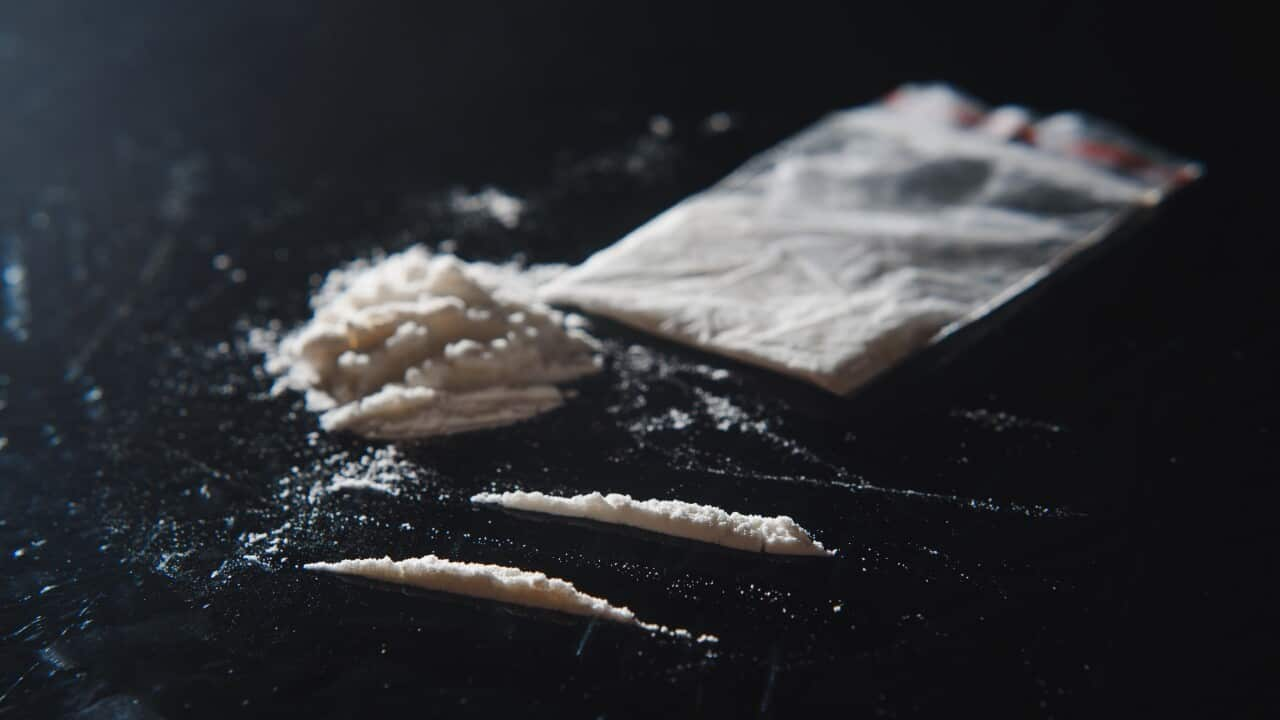A recent snapshot of Australia’s drug habits has found cocaine and methylamphetamine use are at their highest levels since reporting began.
The Australian Criminal Intelligence Commission (ACIC) has been regularly releasing reports on Australia’s drug use since 2016 based on data obtained through wastewater testing.
Its latest report, released on Thursday, used data collected from 56 sites across the country in December and February that covered about 55 per cent of Australia’s population — around 14.1 million people — and revealed trends across capital cities and regional areas.
The study labelled Australia a “stimulant nation” and ACIC CEO Heather Cook said the record highs amounted to “disturbing trends”.
But experts have previously warned wastewater testing has limitations.
What does illicit drug use look like across different parts of Australia?
When it came to illicit drugs, cannabis remained Australia’s most-consumed drug. But average consumption across the capitals and regions was down, according to the report.
That was followed by methylamphetamine — commonly referred to as meth or ice — which reached its highest level of use across the capitals since reporting began in December, the report said. Meanwhile, regional average consumption was at a three-year high.
And average cocaine consumption across the capitals and regions was also at its highest in December, according to the report.
In capital cities, cocaine, MDMA, MDA (a synthetic stimulant), heroin and ketamine all exceeded regional consumption, according to the report.
In regional areas, average consumption levels of meth, cannabis and the synthetic opioids oxycodone and fentanyl exceeded consumption levels in capital cities.
The use of different drugs also varies substantially across states and territories, with the highest rates of meth use in Queensland, South Australia and Western Australia.
Cook said the overall data presented a “stark reminder of the persistent and and its implications for public health and safety”.
“As we continue to combat this issue, it is crucial to understand underlying factors contributing to these trends and to develop targeted strategies to address them,” she said.
Findings from wastewater testings come from samples collected at sewage treatment plants. They are then sent to researchers for analysis, who can determine whether drugs have been consumed or disposed of.
But the research doesn’t measure consumption of drugs directly, and only measures the overall amount of a drug consumed in the community at a single point in time, according to Nicole Lee, an adjunct professor at Curtin University’s National Drug Research Institute, who in March.
“Some of the sampling sites have been chosen specifically because the Australian Criminal Intelligence Commission, which runs the program, has an actual or potential concern that drug use is high in those areas,” she wrote at the time.
“This kind of targeted sampling may overestimate how much of a drug has been used across Australia or at any given time point.”
How does Australia’s drug use compare to the rest of the world?
ACIC compared drug use with 30 other countries across Europe, Oceania, Asia and North and South America that use the same testing standardised by a network of laboratories called the Sewage Core Group Europe (SCORE).
Australia ranked second of 30 SCORE countries for meth use after the United States, with Czechia, New Zealand and Slovakia following.
ACIC says the findings of meth use underscore the prevalence of the drug in the national stimulant market.
Australia also ranks highly for cannabis use, coming third of 20 SCORE countries, following the Netherlands and Spain.
However, Australia’s MDMA and cocaine use is lower than others, ranking 15th of 33 SCORE countries and 20th of 32 SCORE countries, respectively.
To access free and confidential advice about alcohol and other drugs, phone the National Alcohol and Other Drug Hotline on 1800 250 015.

